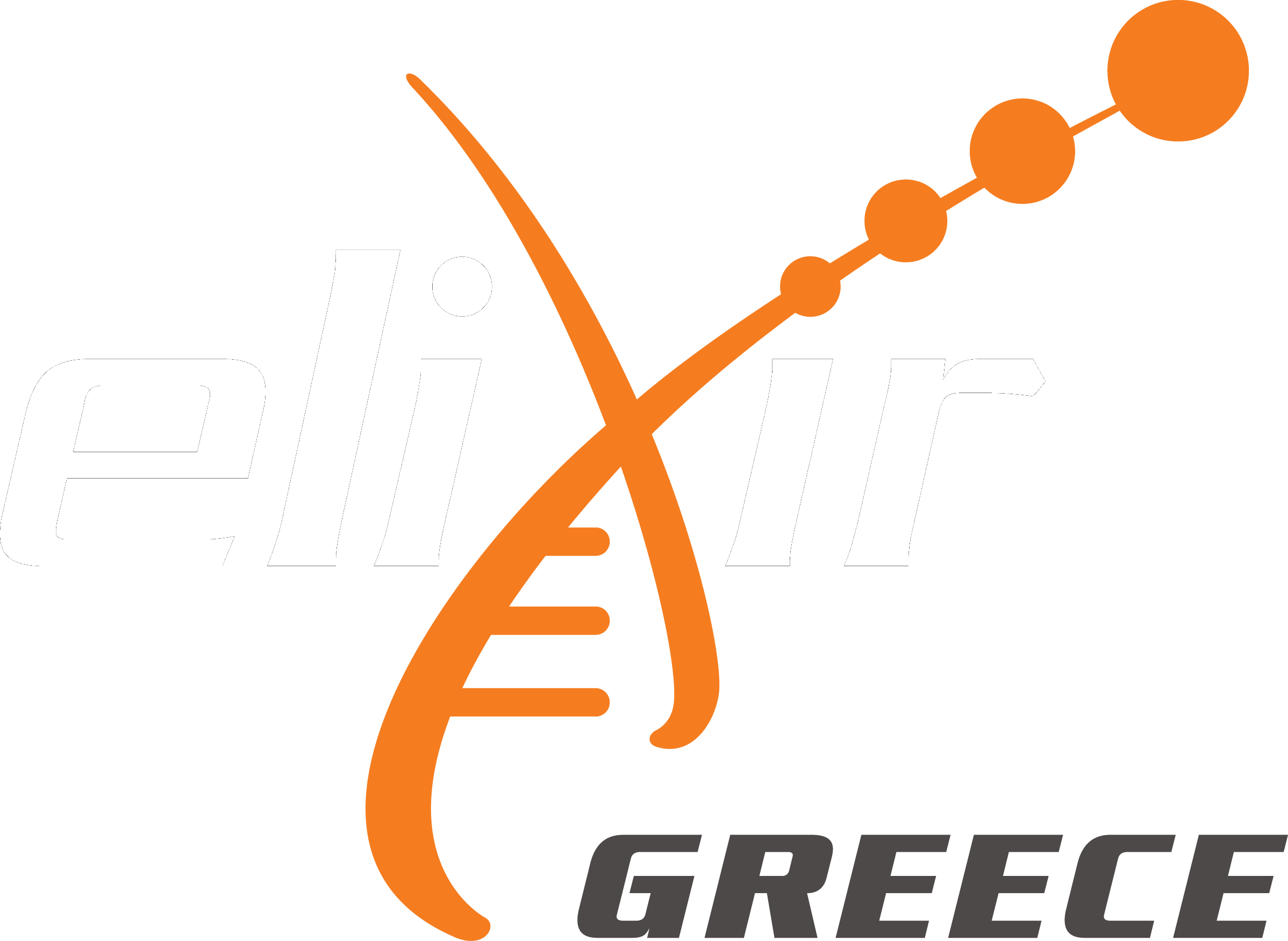Omics applications in Marine Research: joint Marine Biology, Biotechnology and Bioinformatics research activity




The Marine Biology pilot aims at the efficient analysis of marine ecosystem omics data by providing pertinent Greek researchers with essential bioinformatics support.
The Institute of Marine Biology, Biotechnology and Aquaculture (IMBBC/HCMR) has a strong -omics research component and generates data of various formats and context. The latter relate to a diverse range of marine biology aspects covering a broad range of biological organisms from viruses, prokaryotic and eukaryotic microbes to, microalgae and invertebrates to fish.
A non-all-inclusive list of pertinent research activities at IMBBC includes: environmental sequencing for the assessment of ecosystem functioning and for bioprospecting (blue growth initiatives). Systems under study include the Hellenic Volcanic Arc, benthic and epibenthic communities of the continental shelf, food webs (e.g. sea-bird and fish gut content metabarcoding), zooplankton communities (via DNA barcoding and metabarcoding), aquaculture fish species (e.g. full genome and transcriptome assembly and annotation). In addition, IMBBC, among others networks, is part of the international initiative of “Genomics Observatories” where marine ecosystems are monitored for their global biodiversity, following standards along the whole procedure
The Hellenic Pasteur Institute (HPI) and the Institute of Chemical Engineering Sciences (ICE-HT/FORTH), among others, have experience in non-coding RNA and in metabolics data analysis, respectively.
he joint Marine Biology, Biotechnology and Bioinformatics efforts of IMBBC, HPI, and and ICE-HT, within ELIXIR-GREECE aim to assist materializing national aims like the characterization of the biochemical potential of marine organisms and bioprospecting, the monitoring of marine biodiversity, and the sustainable exploitation of marine resources.
During this ELIXIR-GREECE preparatory phase, the main focus is on serving of current research needs prioritising the filling-in of well-identified gaps in the management and analysis of marine biology data.
Pertinent actions include:
- the enactment and evaluation of Next Generation Sequencing analysis pipelines for:
- non-model marine organisms with an emphasis on transcriptomics and small RNA (mRNA & MicroRNA) data analysis
- marine ecosystems metagenomics data analysis
- the analysis of targeted metabolomics data and the extraction of relevant knowledge from bibliography to support Systems Biology research for bioprospecting
- map nationally the marine-omics-research available resources, needs, and challenges in terms of bioinformatics tools, infrastructure, databases, and workflows
